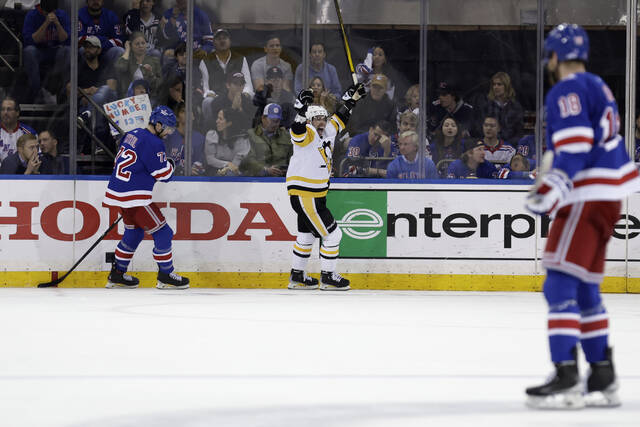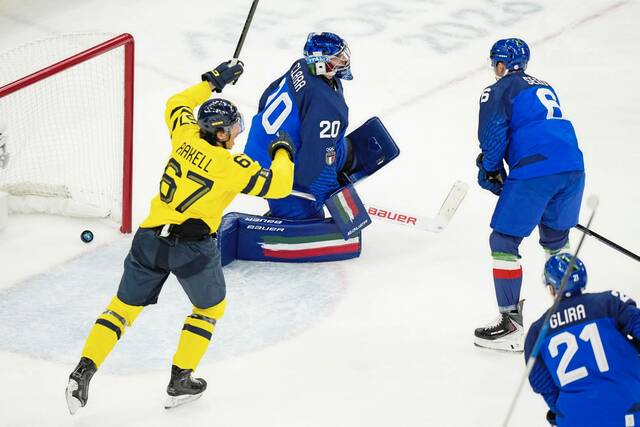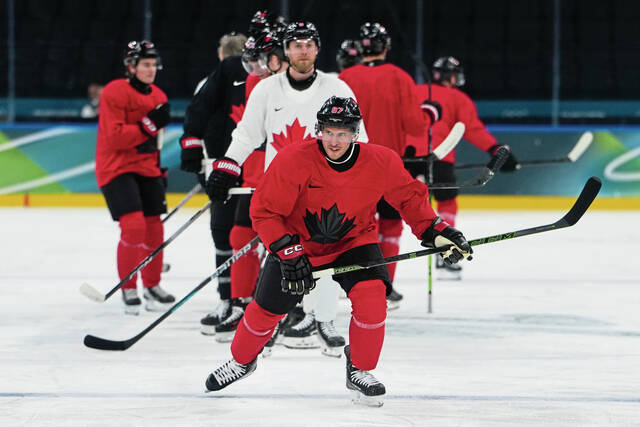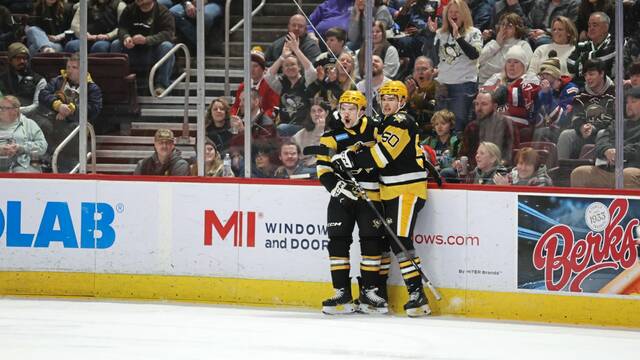Five stats-based observations about the Pittsburgh Penguins’ season-ending, 4-3 Game 7 loss to the New York Rangers on Sunday:
1. Get what you deserve?
Let’s get this out of the way first: the team that has the most goals/points/runs is always the one that “deserves” to win a game. In any sport. It’s a favorite saying of some to at times say a team “deserved better.” With all due respect, that’s usually either/or one part cliché, one part sour grapes, one part lack of accountability.
That said, math doesn’t do clichés or play the blame game. It just does its calculations based on data. And in this case the math says… yep, the Penguins deserved better in this series. And certainly (sigh) deserved better Sunday night.
How much better? Well, according to moneypuck.com’s “Deserve To Win O-Meter,” the Penguins should win that game 92.1% of the time. Based on shot quantity and quality translated into “expected goals,” Money Puck’s formula run 1,000 times late Sunday night had had the Rangers winning just 79 of those 1,000 games.
2. You deserve it
Game 7 was the third in this series in which the possession metrics said the Penguins had the better of play so much so that they had a 9-in-10 or better chance of winning the game based on their control of the flow. Moneypuck.com pegged them 89.9% of the time winning Game 1 and 97.6% for Game 4.
The Penguins won both of those games in real life, too. The data also suggests the Penguins were “deserving” winners in two games they did not win: Game 2 and Game 5, albeit by smaller margins (56.5% and 50.1%, respectively).
The Rangers, analytically, were worthy mathematical winners in Game 6 and Game 3 (they won the former but lost the latter).
The series final score was Rangers 4, Penguins 3. The math says it could have/should have been Penguins 5, Rangers 2.
3. Between the pipes
So, what went wrong? The goaltending of Louis Domingue – whom the Penguins were forced to rely on for five-plus of the seven games of this series – let them down, for one thing. For Game 7, All-Star Tristan Jarry returned. Just 4 ½ weeks after reportedly suffering a broken ankle and dropped into the caldron of an NHL Game 7, Jarry deserves (there’s that word again!) credit for playing at what was clearly less than 100%.
But the cold metrics don’t care about any of that – and they do not grade his outing too kindly. Moneypuck.com had the Rangers at just 1.71 expected goals for the game. That means, via data, Jarry allowed more than two goals more than he should have.
According to naturalstattrick.com, Jarry’s .870 save percentage in 5-on-5 play (albeit in a tiny sample size of one game) was sixth-worst of the 28 goalies who have appeared in this postseason. His 3.60 goals-against average at 5-on-5 was fifth-worst.
Then again, one of the three 5-on-5 goals Jarry allowed was a deflected puck off his own defenseman’s skate. Another was after another one of his defensemen had to swiftly leave the ice because he’d lost his helmet.
Yet another reason why the concept of “deserving” is overrated.
4. Captain comeback
Jarry’s wasn’t the only high-profile return to the Penguins lineup for Game 7. Captain Sidney Crosby played, too, after he had missed Game 6 because of a suspected head injury suffered during the second period of Game 5.
Crosby wasn’t awful by any stretch. And as one of the best players of his era, the standard is high. But the numbers suggest Sunday was Crosby’s worst game of the series.
Of the six games he played this postseason, in Game 7 Crosby had his worst ratio of team 5-on-5 shot attempts relative to opponent (46.67%) with him on the ice, the worst ratio of team shots on goal (55.56%),the worst ratio of scoring chances (47.06%) and the worst ratio of “high-danger” scoring chances (66.67%).
Sunday was the only game Crosby played in this series in which the Rangers had more scoring chances than the Penguins did with him on the ice. It was one of only two games this series in which Crosby was not on the ice for a 5-on-5 Penguins goal.
5. ‘Rax’ stacks up
The lowest-profile of the returnees to the lineup was Rickard Rakell, who skated mostly as the second-line left wing after not playing since early in Game 1. While that line of Rakell, Evgeni Malkin and Kasperi Kapanen could get criticized for lacking to create much offensively, it was rather airtight in its own end. The unit, in fact, per Natural Stat Trick, defensively had a “perfect game” together in that they did not allow an attempted shot or scoring chance in 10 minutes and 4 seconds of ice time together.
Rakell was the second-best (to Kapanen) among the Penguins’ 18 skaters Sunday at puck possession as measured by team/opponent attempted shots when he was on the ice at 5-on-5.








